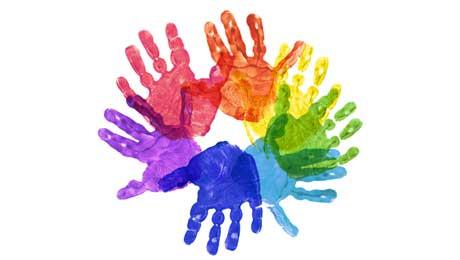PSHE

PSHE at Woodnook
In PSHE at Woodnook, we aim for our children to be able to manage their emotions and become healthy, independent and responsible members of a diverse society. We provide our children with opportunities for them to learn about rights and responsibilities and their place in the wider community. Through PSHE, our children develop a sense of British Values and the values of our school. We follow the Early Years Foundation Stage Statutory Framework (2021), the National Curriculum (2021) for Relationships and Health Education and the PSHE Association Programme of Study. Our curriculum is also determined by Pupil Voice feedback, parental questionnaires and staff audits.
Find out more by following the links below and reading our PSHE at Woodnook document.
If you have any questions regarding the attached policy or yearly overviews, please don’t hesitate to contact school using the email k.broderick@woodnook.lancs.sch.uk. Any questions asked will be posted on here in the Frequently Asked Questions section with the corresponding school response.
Frequently Asked Questions and School’s Responses.
- One parent was concerned about the term ‘fertilisation’ and what would be taught to their child.
Woodnook responded that this would be taught in relation to plants, animals and humans. Children would be taught that fertilisation is where the male sperm and the female egg fuse together and pregnancy or seed formation occurs.
July 2021
- A parent commented that there were statements in the Year Six overview which contradicted the PSHE Policy that Woodnook would not be teaching sex education.
The following statements have been removed from the Year Six overview and will not be taught at Woodnook.
- what sexual intercourse is, and how it can be one part of an intimate relationship between consenting adults
- that pregnancy can be prevented with contraception
July 2021
- Another concern raised was that puberty / growing up talks would be taught to the class as a whole and that children wouldn’t feel comfortable asking questions or raising concerns.
It was always Woodnook’s intention to teach this work to boys and girls separately.
However, they will both get the same information about the adolescent changes to boys
and girls.
July 2021

